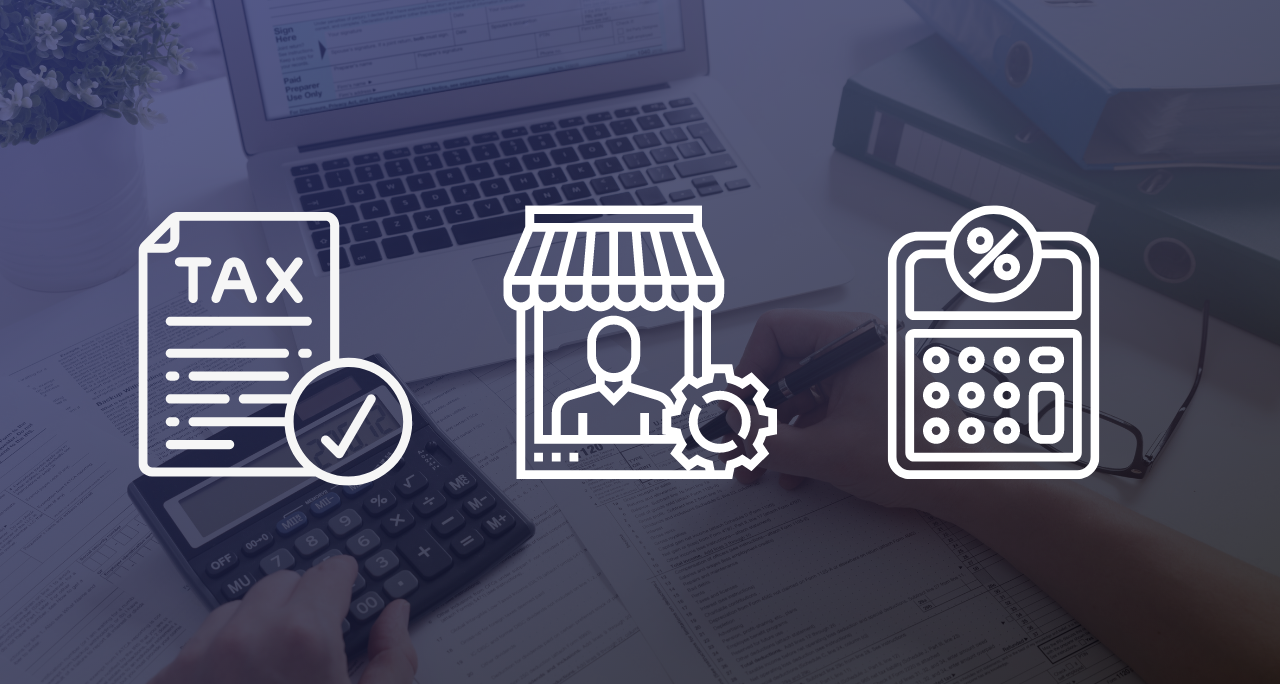For eCommerce merchants, India is undeniably among the most promising markets today, having seen double-digit growth—12% or greater—year over year since 2014. Last year, India was in the top five countries for online consumer sales, accounting for over $64 billion dollars in revenue.
Popularity of online shopping in India shows great potential
What’s most surprising—and encouraging for even more exponential growth— is that India has achieved these numbers with just 11% of Indians shopping online and only 50% internet penetration. Bottom line: as more Indian consumers catch on to the benefits of online shopping, it’s almost inevitable that this market will continue to show tremendous growth in online revenue.
With growth comes increased need for taxation oversight
All this positive news aside, it is still of paramount importance to keep in mind India’s preferences for payment type, local banking, duty requirements, and yes, taxation rates and regulations.
Taxation in India is complicated and always evolving, so it’s important for online merchants to keep it top of mind while doing business in this country. GST (Goods and Service Tax) is applied for online sellers who reach a certain threshold in sales. Depending on what a merchant sells to Indian consumers, they are subject to a different GST rate, ranging from 0% to 28%, 18% being the general tax rate applicable to Electronically Supplied Services.
However, starting with April 2020, an additional tax—DST (Digital Sales Tax) — of 2% for non-resident eCommerce providers has been put in place, requiring quarterly payment by those merchants selling in India to help level the playing field for local businesses who already pay taxes in India. This applies to companies with annual revenues in excess of INR 20M (USD $270,000) and covers online sales of goods and services to Indian end-customers.
This digital tax or equalization levy is not a tax that should be borne by the shoppers, this being applicable to the revenues obtained by the sellers (hence the additional layer of complexity). However, it is fortunate that a payment processing partner with automated systems, like 2Checkout (now Verifone), can offload much of this compliance effort, including the extra layer of DST.

Other key features of this Digital Sales Tax (DST)
- The 2% tax rate is applied to the value of the products sold (Gross Transacted Value minus GST)
- This tax will not apply to rolling reserve computation
- When there are refunds, the DST that has been collected will be returned to the merchant
- Although the current tax rate is 2%, that may change in the future, and could also vary by country
2Checkout (now Verifone) will provide taxation navigation and payment
eCommerce businesses working with 2Checkout (now Verifone) under its Reseller model can offload the effort of computing and paying this quarterly 2% Digital Sales Tax to fiscal authorities in India, as we have automated the processes for this tax to be applied when selling in the region. This guarantees seamless tax compliance for the merchant side. So, when selling digital goods and services to Indian consumers through Avangate BV (your reseller when working with 2Checkout in a merchant of record model), you are henceforth covered for full tax compliance in India, and you will start seeing that an additional 2% tax is withheld in relation to your orders to Indian consumers.
Merchants working with 2Checkout (now Verifone) under the Payment Service Provider (PSP) model must analyze and decide for themselves whether they are liable for paying the new Indian DST tax, and can update their order flows to achieve taxation through their control panel interface.
2Checkout (now Verifone) will continue monitoring the fiscal landscape for future upcoming DST taxes that are planned to be introduced at country level, and we will support you in being compliant in all markets, regardless of taxation updates.
For more information on taxation in India and how 2Checkout (now Verifone) can help support your business with compliance, please read the dedicated FAQ, which you can find here.
Looking to expand your business on the Indian market? Check out our guide to find out how and to discover the best practices you can follow in order to start selling online in India.





